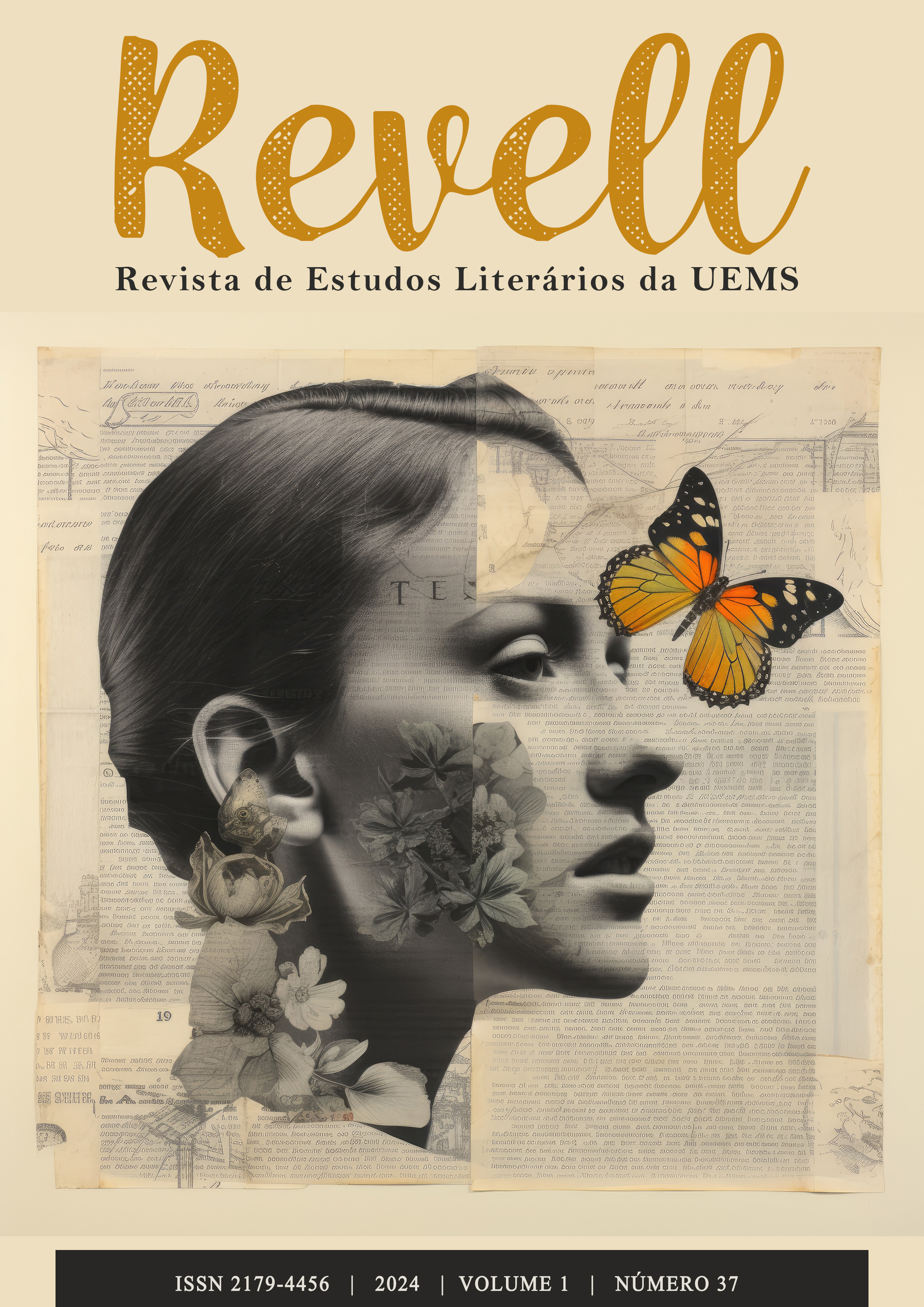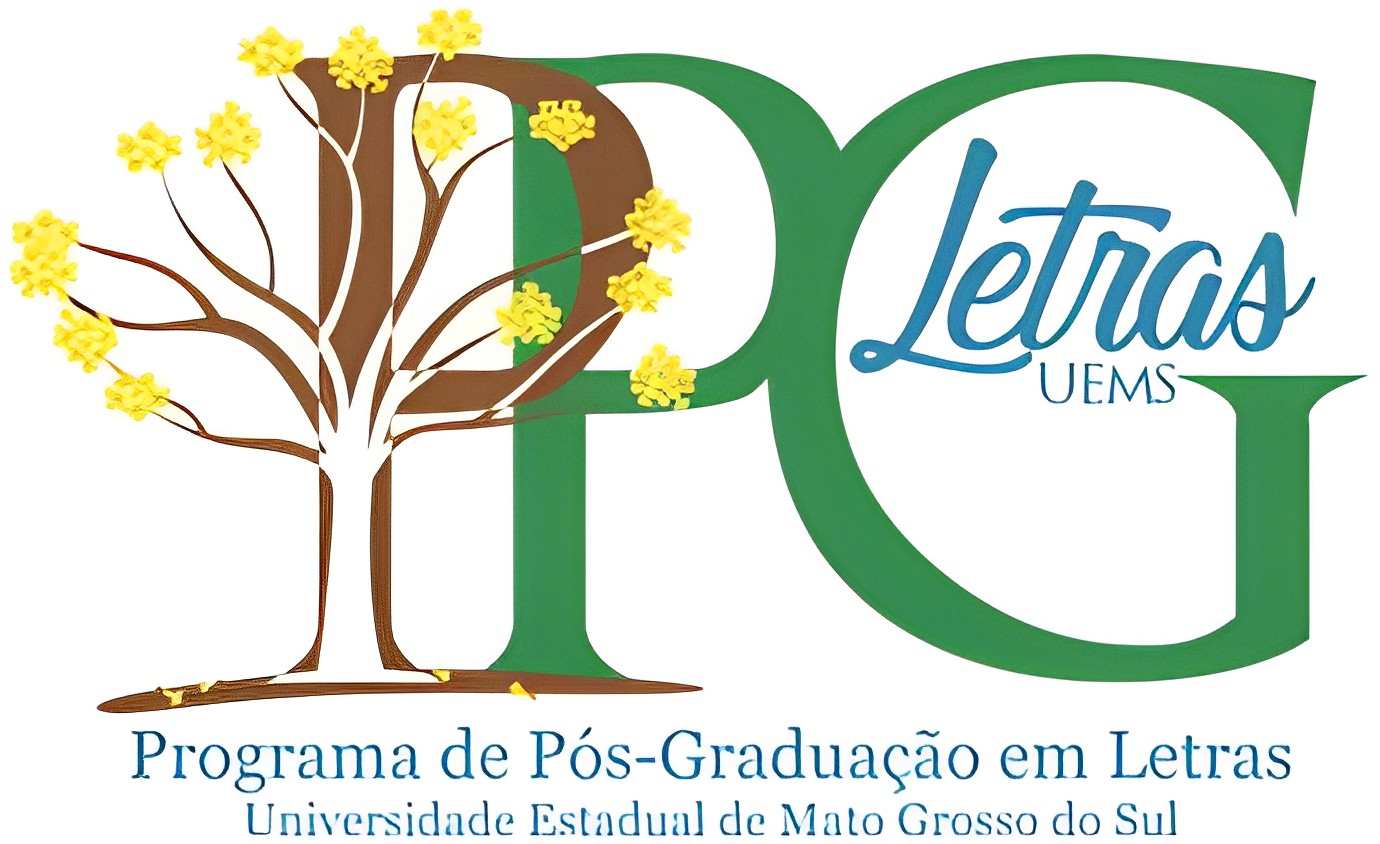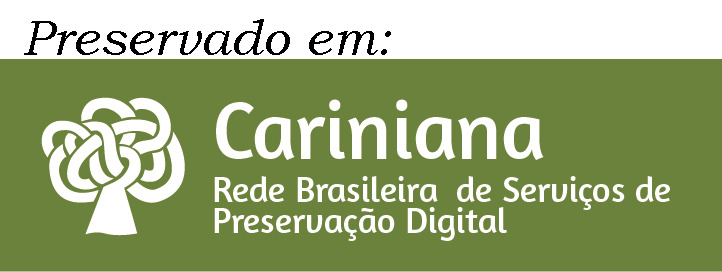Contextual Caetano
four songs to eluciate brazil in the second half of the 20th century
DOI:
https://doi.org/10.61389/revell.v1i37.7675Keywords:
Brazilian Popular Music , Discourse Analysis, Text InterpretationAbstract
The poetic work of Caetano Veloso is analyzed here in light of the assumptions of decoloniality, especially with regard to sociopolitical themes, such as in Alegria, Alegria (Sony, 1967), Indianist issues, portrayed by the song Um Índio (Philips, 1977), social, as in the rock Podres Poderes (Philips, 1984) and the appreciation of popular culture, present in Reconvexo, recorded by Maria Bethânia (Polygram, 1990). With a mixture of experimentalism, dissonant chords and critical-discursive lyrics, the songs presented are, as a whole, a description of Brazil in its last decades of the 20th century. Based on Discourse Analysis, this manuscript seeks to present points of view on the general understanding of the works, as the artist's contributions to the understanding of his time. Other inferences can be produced from the aspects that were evidenced by the analyzes presented as premises, according to the explicit information, easily detectable in the texts, and implicit information,
References
BAKHTIN, Mikhail. O problema do texto (1959-1961). In: Estética da criação verbal. Trad. Maria Ermantina Galvão Gomes e Ferreira. São Paulo: Martins Fontes, 1992.
CANCLINI, Néstor Garcia. Hibridismo Cultural. Trad.: Ana Regina Lessa e Heloísa Pezza Cintrão. São Paulo: EDUSP, 2008
CANDIDO, Antonio. O direito à literatura. In: Vários escritos. 4 ª ed. São Paulo/Rio de Janeiro: Duas Cidades/Ouro sobre Azul, 2004.
FLORÊNCIO, Roberto Remígio; ABIB, Pedro Rodolpho Jungers. Sangue Latino no Palco: Nuances de Decolonialidade na arte de Ney Matogrosso Revista REVELL (UEMS) ISSN 2179-4456, Vol. 2, nº 22/2, ago/2019.
FLORÊNCIO, Roberto Remígio. Interpretação de textos literários a partir de análises isoladas. Revista Ícone. Universidade Estadual de Goiás. ISSN 1982-7717. Vol. 22, nº 1 jun/2022. DOI: https://doi.org/10.31668/icone.v22i1.12966
FRANCHETTI, P.; PÉCORA, A. Caetano Veloso. Literatura Comentada. São Paulo: Nova Cultural, 1988.
KOCH, Ingedore Villaça; ELIAS, Vanda Maria. Ler e compreender: os sentidos do texto. São Paulo: Contexto, 2006.
KRISTEVA, J. (1967). A palavra, o diálogo e o romance. In: Introdução à semanálise. (1969). Trad. Lúcia Helena França Ferraz. 3.ed. revista e aumentada. São Paulo: Perspectiva, 2012.
MAINGUENEAU, Dominique. Novas Tendências em Análise do Discurso. Campinas: Pontes, 1997.
MARCHUSCHI, Luiz Antônio. Produção Textual – análise de gêneros e compreensão. São Paulo: Parábola Editorial, 2008.
MOISÉS, Massaud. Literatura: Mundo e forma. (1982). São Paulo: Nova Fronteira, 1988.
PONTES, Roberto. Entrevista sobe a teoria da residualidade, com Roberto Pontes, concedida a Rubenita Moreira, 05/06/06. Fortaleza: (mimeografado), 2006.
Downloads
Published
How to Cite
Issue
Section
License
Copyright (c) 2024 REVELL - UEMS JOURNAL OF LITERARY STUDIES

This work is licensed under a Creative Commons Attribution 4.0 International License.
DECLARAÇÃO DE ORIGINALIDADE E EXCLUSIVIDADE E CESSÃO DE DIREITOS AUTORAIS
Declaro que o presente artigo é original e não foi submetido à publicação em qualquer outro periódico nacional ou internacional, quer seja em parte ou na íntegra. Declaro, ainda, que após publicado pela REVELL, ele jamais será submetido a outro periódico. Também tenho ciência que a submissão dos originais à REVELL - Revista de Estudos Literários da UEMS implica transferência dos direitos autorais da publicação digital. A não observância desse compromisso submeterá o infrator a sanções e penas previstas na Lei de Proteção de Direitos Autorais (nº 9610, de 19/02/98).




















